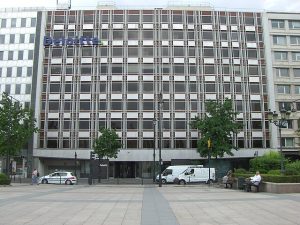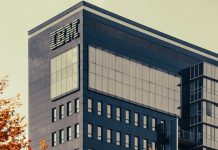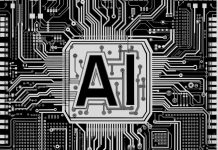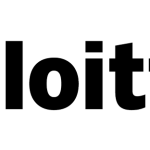The rapid advancements in artificial intelligence (AI) are poised to reshape the landscape of the labor market, ushering in both challenges and opportunities for workers across industries. While some may face the unsettling prospect of job displacement due to
Recognizing the transformative potential of AI, the firm has embarked on a mission to assess and realign the skills of its existing employees. According to Bloomberg, the firm is deploying AI technologies to evaluate the current skill sets of its workforce and identify areas where employees can transition into roles that hold greater promise. The aim is not only to avoid large-scale layoffs but also to optimize hiring practices in the years to come.
Stevan Rolls, the global chief talent officer at Deloitte, emphasized the significance of maintaining a balanced workforce, stating, "It is obviously a great objective to be able to avoid large swings of hirings and layoffs." By harnessing the power of generative AI tools, the firm has already taken steps to eliminate repetitive tasks, streamlining processes and boosting overall productivity.
This strategic approach aligns with broader industry trends, where AI is anticipated to play a pivotal role in enhancing efficiency and driving profitability. According to Goldman Sachs strategists, the increased productivity facilitated by AI could potentially boost S&P 500 profits by 30% or more.
Deloitte's proactive stance on retaining employees through AI intervention comes on the heels of significant workforce expansion in the aftermath of the pandemic. Bloomberg reports that the firm added a substantial 130,000 new hires this year, following a decade-high rate of new hire growth in 2022. However, revenue growth has not kept pace with this expansion, prompting the firm to seek innovative solutions to effectively manage its burgeoning workforce amid a challenging economic climate.
This trend is not unique to the firm, as several consulting firms, including Bain, Boston Consulting Group, and McKinsey, grapple with similar challenges posed by increased hires and slower business activity. New hires, particularly those with MBAs, find themselves facing idle time between projects, reflecting the broader uncertainties in the economy.
In conclusion, Deloitte's embrace of AI to navigate workforce changes underscores the pivotal role technology plays in shaping the future of employment. As industries evolve, strategic integration of AI not only offers a buffer against job displacement but also positions companies to thrive in an era of unprecedented technological progress. The journey of the firm serves as a compelling case study in how forward-thinking organizations are harnessing AI to ensure resilience and agility in the face of transformative change.
























